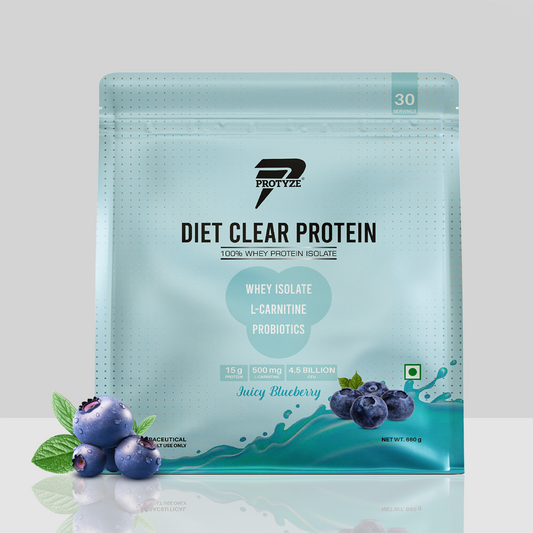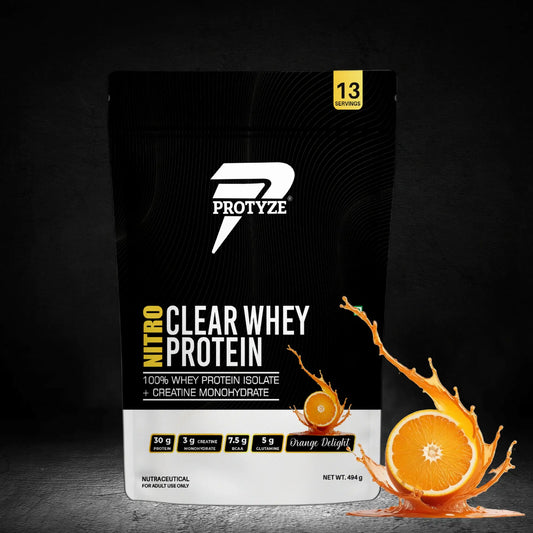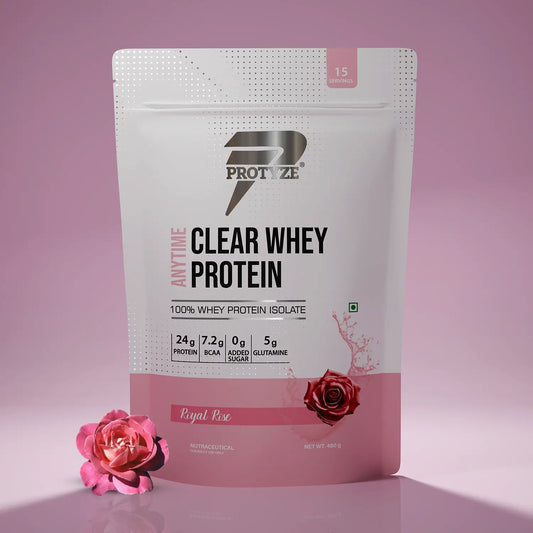Peanut butter for weight loss? It sounds too good to be true — and for many people, it is. This creamy, protein-packed favourite can either support your fat-loss journey or silently sabotage it. Here’s the real science behind peanut butter, how it affects your metabolism, and why pairing it with whey protein might actually deliver faster weight-loss and lean-muscle results.
Let’s break it down.
The Nutritional Profile of Peanut Butter
Peanut butter is primarily made of ground peanuts, which are rich in monounsaturated fats, protein, fiber, and essential vitamins like Vitamin E, magnesium, and B-complex. A standard two-tablespoon serving typically contains:
- ~190 calories
- 16g fat (mostly healthy fats)
- 7-8g protein
- 6g carbohydrates (mostly from fiber)
This makes it a nutrient-dense food — but also a high-calorie one.
Why Peanut Butter Can Support Weight Loss
Mentioned below are some of the reasons, why and how Peanut Butter can support weight loss:
1. Promotes Satiety
Thanks to its combination of fats, fiber, and protein, peanut butter helps keep you fuller for longer. When consumed in moderation, it can reduce hunger and cravings between meals — a crucial factor in managing calorie intake.
2. Supports Muscle Maintenance
Protein is key to preserving lean muscle during a calorie deficit. While peanut butter isn't as high in protein as animal-based sources, it still contributes. Combining it with a more complete source — such as a light protein shake like Protyze Diet Clear Whey Protein, which contains 15g protein and L-Carnitine — can make for a balanced snack that supports fat metabolism and satiety without unnecessary heaviness.
3. No Refined Sugar (If You Choose Right)
Natural peanut butter with no added sugar or hydrogenated oils can be a clean, whole-food option in your diet. The trouble arises when choosing flavored or processed varieties that sneak in sugar, salt, and fillers.
Where Peanut Butter Can Become a Problem
Mentioned below are some of the points showcasing how intaking peanut butter can be a problem:
1. Easy to Overeat
Peanut butter is calorie-dense and easy to overconsume — especially when you’re eating straight from the jar. Just a few extra spoonfuls can quickly turn a snack into a 400+ calorie indulgence.
If you’re actively tracking calories, peanut butter should be measured, not eyeballed.
2. Low Volume, High Energy
Because it's rich in calories but low in volume, peanut butter doesn’t fill you up the way a larger, lower-calorie food would. That can leave you hungry if you’re not pairing it with fiber-rich fruits or lean protein.
Balanced Ways to Enjoy Peanut Butter on a Diet
- Spread it on fruit or whole grain toast rather than eating it alone.
- Pair it with a protein source, like a shake or boiled eggs, to enhance satiety.
- Stick to 1 tablespoon if you’re in a calorie deficit, rather than the typical 2.
If you're using peanut butter as a pre- or post-workout snack, consider combining it with a light, digestible protein like Protyze Diet Clear Whey Protein. It’s water-based, low in calories, and supports lean muscle recovery — making it a great complement to small, high-fat snacks like nut butters.
The Conclusion: Is Peanut Butter Good for Weight Loss or a Diet Disaster?
Peanut butter isn’t a diet disaster — but it’s not a magic weight-loss food either. When eaten in controlled portions, it can support your goals by keeping you full and providing healthy fats and protein. The key is moderation, since its high calorie density can quickly push you into a surplus if you’re not mindful.
However, if your primary aim is weight loss and lean muscle growth, whey protein is the more efficient choice. It offers high-quality protein with far fewer calories, boosts satiety, supports faster recovery, and helps preserve or build lean muscle — which in turn increases your metabolism. Peanut butter can complement your diet, but whey protein delivers superior benefits for fat loss and muscle definition.
In short:
Peanut butter is a great add-on, but whey protein is the smarter, more effective foundation for weight loss and lean muscle transformation.





